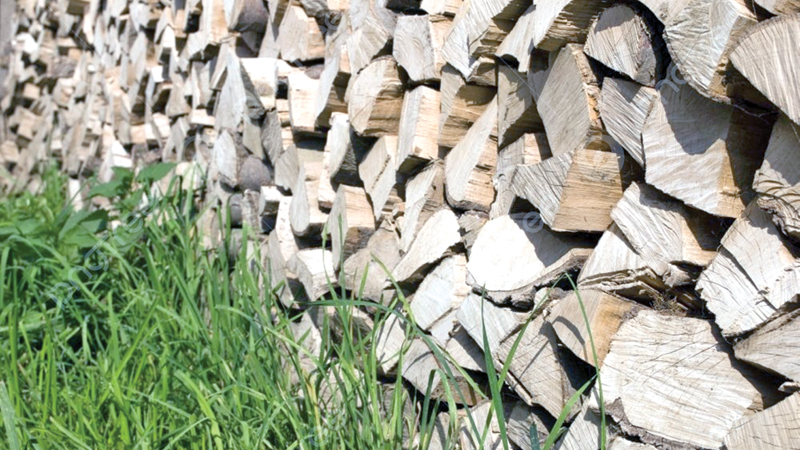The Planters’ Association of Ceylon (PA), Sri Lanka’s apex body representing the nation’s Regional Plantation Companies (RPCs), said that there is a looming shortage in fuelwood to meet the industry’s thermal energy needs and called for an urgent re-evaluation of national policies on sustainable commercial timber and fuelwood plantations.
The tea industry requires approximately 540,000 MT of fuelwood per annum to sustain its production. However, an extremely complex regulatory framework over the past two decades has been a stumbling block for RPCs in establishing and harvesting their own sources of fuelwood and commercial timber and transporting their own fuelwood within their estates.
PA spokesperson Dr. Roshan Rajadurai said, “Given that commercial forestry requires 15-20 years to generate a reasonable return on investment, policymakers cannot rationally expect RPCs to commit any further investments unless the government intervenes to provide a clear and stable policy for sustainable cultivation and harvesting of fuelwood.
“In the absence of such a framework, RPCs are compelled to continue sourcing from outside suppliers where the origin of firewood is unknown. Given that the entire plantation industry requires urgent solutions for the growing shortage of fuelwood, this is a matter that cannot be delayed any further,” he said.
Promoting sustainable best practices
In 1997, the Ministry of Plantation, in collaboration with the Asian Development Bank (ADB), initiated a project within RPC estates to promote sustainable commercial timber and fuelwood cultivation. During this period, commercial forestry plantations were established and developed to ensure that the industry could meet its fuelwood requirements sustainably and diversify marginal lands for economically viable ventures, such as timber and fuelwood.
This initiative aimed to provide plantations with a stable fuelwood supply, leading to significant cost savings and enhancing the commercial viability of RPCs. It also had substantial benefits for environmental sustainability.
General Manager of Hatton Plantations Waruna Fernando said, “RPCs successfully expanded commercial forestry plantations to cover 19,000 hectares, adding over 12,000 hectares. This represents the largest timber/fuelwood extent operated by the private sector, second only to the forest department.”
He said that it takes approximately eight to 10 years to harvest fuelwood and 20-24 years to harvest timber. Around 30% of the timber production can also be used as firewood.
To ensure sustainable management of these areas, Fernando noted that all RPCs have submitted a five-year forestry management plan approved by the Forest Department. However, the complex approval processes for harvesting since the mid-2000s proved challenging and acted as a disincentive for further investment in commercial timber and fuelwood cultivation.
“Obtaining approvals for harvesting is a complicated procedure, sometimes requiring clearance from 10 touch points within ministries and relevant institutions, taking over a year for a single field. Later, furtherrestrictions were imposed, prohibiting harvesting in areas above 5,000 ft mean sea level (MSL), affecting forestry plantations established under the ADB-funded program,” Fernando said.
Sustainable “Thinning out process”
To successfully establish commercial timber and fuelwood plantations,the “thinning out technique” has been adopted by RPCs since inception, ensuring proper spacing for optimal plant growth.
Initially 1,600 saplings are grown per hectare and undergo multiple thinning out cycles over the period of 5-15 years, allowing the best trees to thrive, resulting in 300-400 trees per hectare remaining at the final harvest.
“From a carbon sequestration standpoint, harvesting trees at certain intervals is found to be an effective method to lock down carbon. This also allows RPCs to reduce their carbon footprint by having their own fuelwood supply.
“We call upon the authorities to streamline and fast-track the approval process for harvesting commercial timber and fuelwood. This necessitates the direct intervention of the Ministry of Plantation Industries, especially at a time when thermal energy costs are experiencing incremental increases by the day,” he said.









